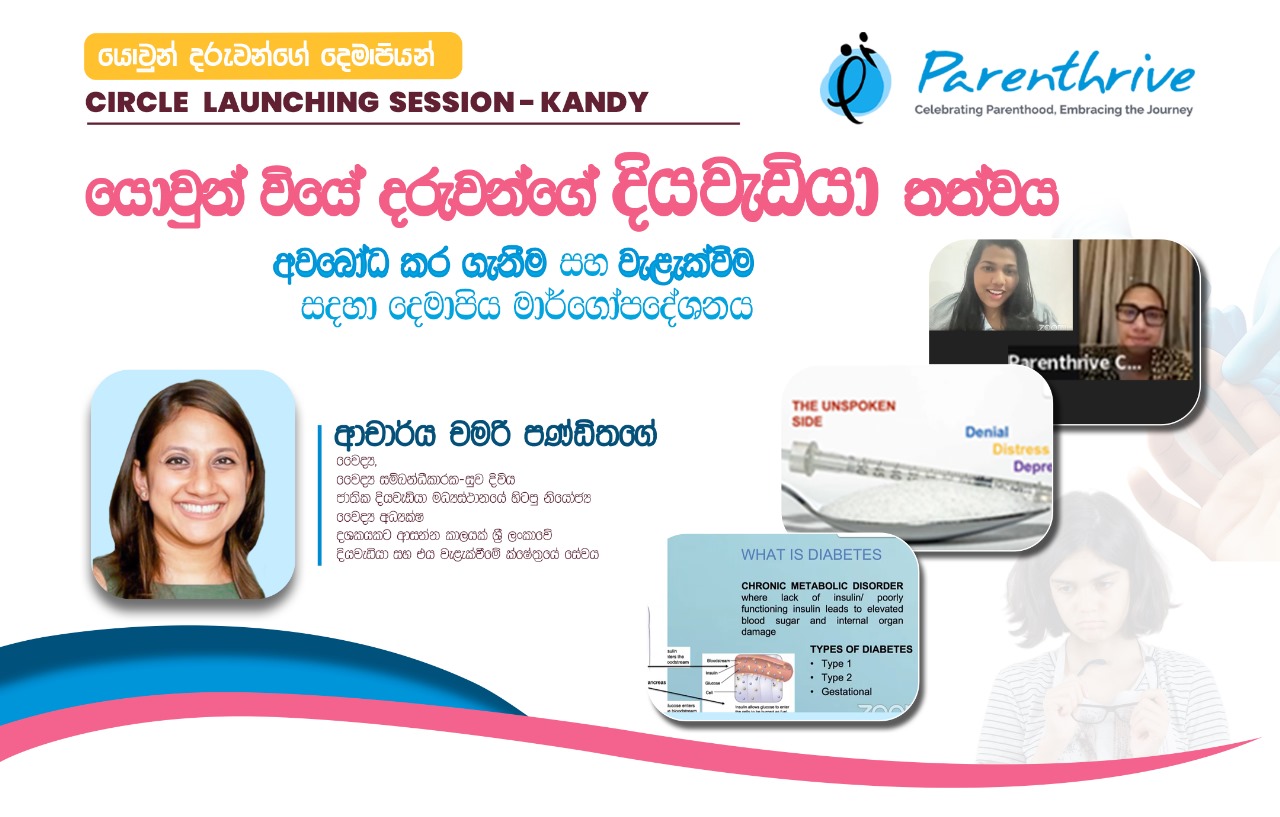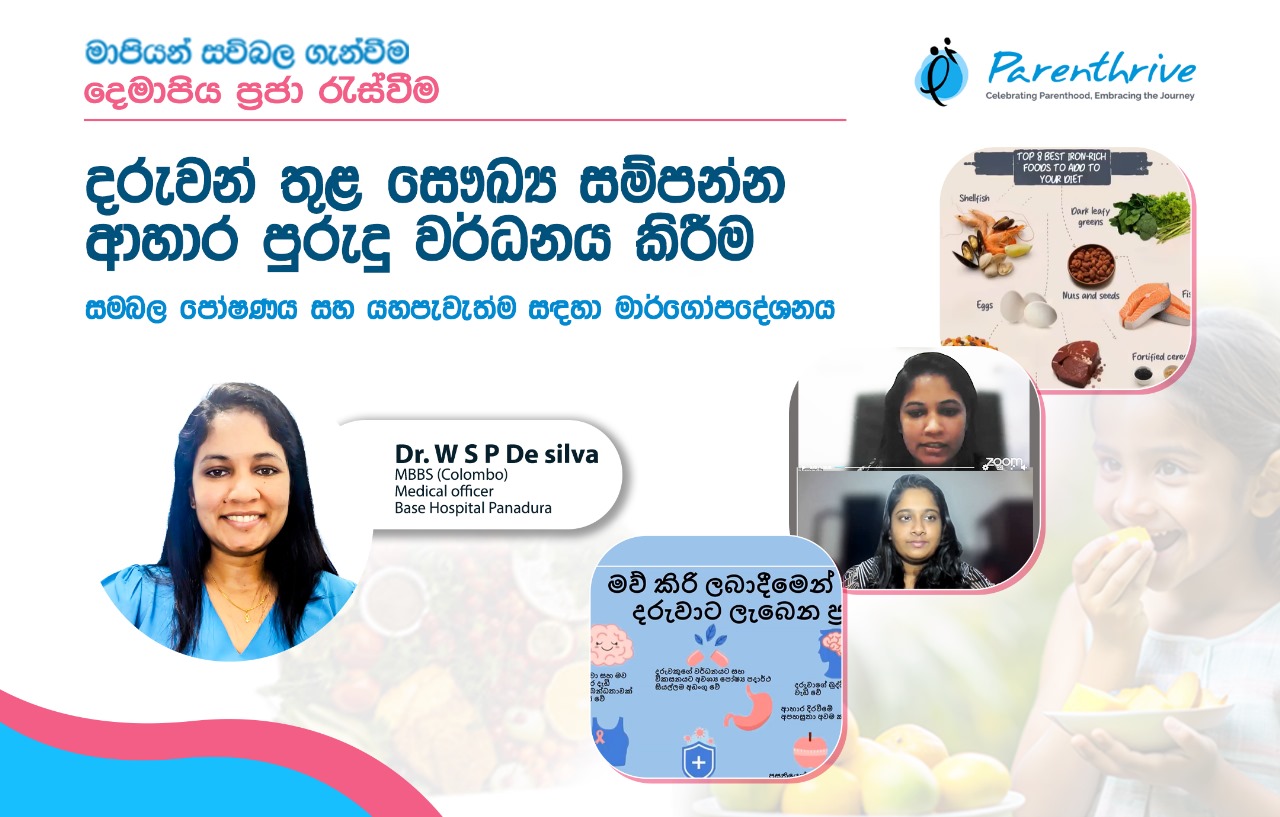
Parenting, while incredibly rewarding, is undoubtedly one of life's most demanding journeys. Amidst the constant responsibilities, it's easy for parents to overlook their own well-being. However, the truth is that self-care is not a luxury; it's an indispensable component of effective parenting. Here's a deeper exploration of why prioritizing self-care is vital for not only for parents but for both parents and their children.
Prioritizing Self-Care:
Prioritizing yourself can be seen and felt as a selfish act amidst all the family needs you have to tend to. However, making self-care a priority is not only an act of self-preservation but a strategic investment in becoming a better parent. When parents intentionally craft out moments for self-renewal, they approach parenting with increased patience, resilience, and creativity. This leads to a fulfilling parenting journey filled with self-love and compassion.
Modeling Healthy Behavior:
Parents are the primary role models for their children. By prioritizing self-care, parents impart a crucial life lesson – the significance of maintaining a healthy balance in life. Children learn that taking care of oneself is not only acceptable but is, in fact, a fundamental aspect of overall well-being. Your child learns by your example. If you take a good care of your wellbeing it is assured that your children would do the same.
Mental and Physical Well-being:
The intricate link between mental and physical health cannot be overstated. Engaging in regular exercise, ensuring adequate sleep, and practicing stress management contribute not only to a parent's mental well-being but also to their physical health. A parent who is physically and mentally healthy is better equipped to navigate the multifaceted challenges of parenting. Parenting is one of the hardest jobs in the world. Your mental and physical abilities are absolutely crucial to raise a healthy and strong child.
Parental Burnout:
Parental burnout is a pervasive issue, a state of emotional exhaustion and detachment resulting from prolonged stress. Parental burnout can link to mental health issues of both parents and children. Understanding what a burnout feels and looks like help you identify signs. Neglecting self-care significantly heightens the risk of burnout, impairing a parent's ability to effectively fulfil their responsibilities. Recognizing the signs of burnout is crucial, and seeking professional help when needed is a proactive step toward well-being. Educate yourself about “mom burnouts” and how to prevent them.
When to Seek Help:
Understanding when to seek help is a fundamental aspect of effective self-care. If feelings of overwhelm persist or escalate, consulting a mental health professional can provide valuable strategies and support to navigate the challenges of parenting.
Maintaining Connections and Social Interaction:
Parenting can be isolating, leading to stress and feelings of inadequacy. Maintaining connections with friends, family, and a broader social network provides emotional support and diverse perspectives. Social interaction outside of the parental role helps maintain a sense of identity beyond parenting. Understanding that isolating yourself after your pregnancy with the overflowed workload creates more isolation, and trying to maintain a close go to circle is essential for any parent.
Overall Impact on the Well-being of Children:
The well-being of parents directly influences the well-being of children. A parent who prioritizes self-care provides a stable and nurturing environment. Children observe and absorb these behaviours, learning essential life skills and coping mechanisms. Modelling the self-care for your children as an example have a greater impact on the overall mental and physical wellbeing of your children.
In conclusion, self-care is not an indulgence but a necessity for effective parenting. Prioritizing self-care models healthy behaviour, enhances well-being, prevents burnout, and positively impacts the overall well-being of children. By investing in their own well-being, parents create a foundation for a healthier and more fulfilling family life. After all, the more parents care for themselves, the more they can give to their children.






